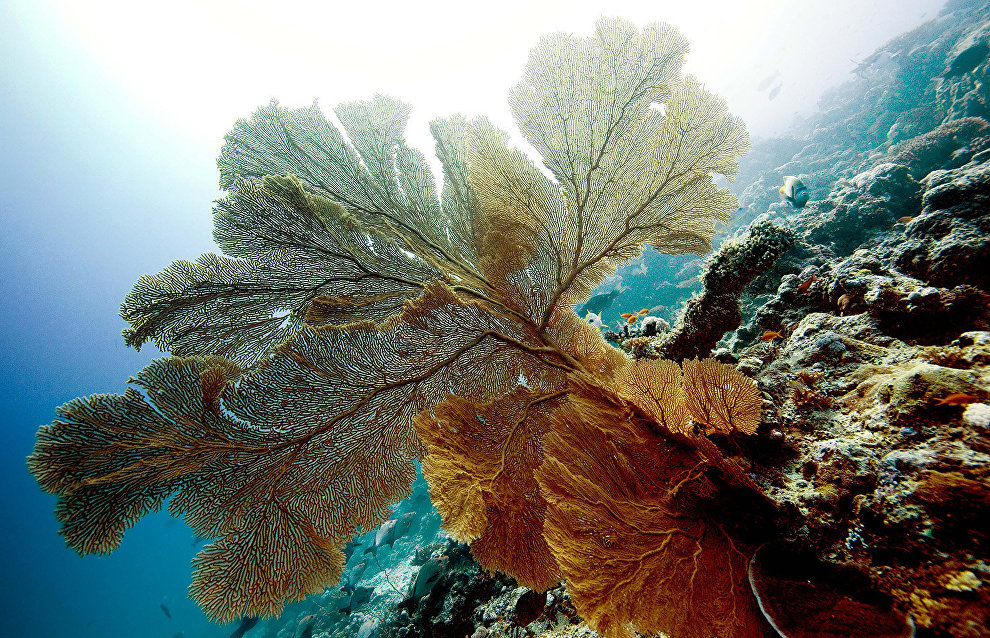Expert: The Arctic needs a network of marine reserves
Pursuant to the international Convention on Biological Diversity adopted by Russia, the size of marine protected areas shall reach 10 percent of its exclusive economic zone by 2020. Currently, this indicator is about 2.4 percent, as Director of WWF Russia Dmitry Gorshkov said in his interview on the Future of Russia: National Projects website.
"We have room for improvement, not only to increase the indicator, but also to preserve unique seas important for the entire planet. And no one should think that strict bans will be put on any economic activity. We need to take a reasonable approach to laying out protected areas and finding a balance between nature conservation and economic development <…> Indeed, the main objective of our work is to keep the harmony between nature and humans," he stressed.
In Gorshkov's opinion, one of the most important places when it comes to preserving biological diversity is the Great Siberian Polynya, which supports the conservation of a great number of Arctic species. To protect it, the Northern Land Nature Sanctuary shall be expanded into the adjacent waters.
The director of WWF Russia also mentioned that since 2016 his organization has been working hard to identify the most valuable areas in the Arctic seas in terms of biological diversity. "The work is almost finished, and we have already got an understanding of where in the Arctic, not only in Russia, but also other countries, a network of marine protected areas should be established. I will say again that this system is intended not only for protection, but also sustainable and rational nature management. Hopefully, we will be able to implement this plan in the coming years and it will receive the support of the Arctic Council, which Russia will chair in 2021-2023," noted Dmitry Gorshkov.
He also expressed the hope that two protected areas Laptevomorsky and Medvezhyi Ostrova may be established in the Arctic in 2020.
